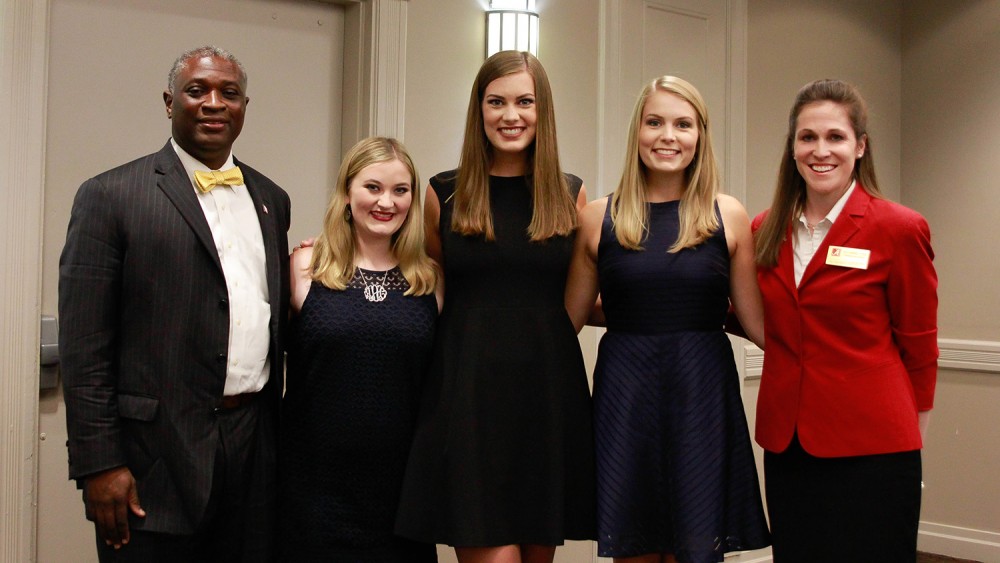UA Sends 39-Member Delegation to Annual Engagement Scholarship Consortium Conference
Dr. Samory T. Pruitt, president of the board of ESC and vice president for Community Affairs at UA, expressed his appreciation for the learning opportunities provided at this annual conference. “We are very fortunate to have a substantial number of people — including students — involved in community-engaged scholarship,” he said. “I believe it is…
